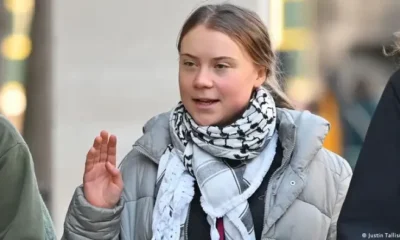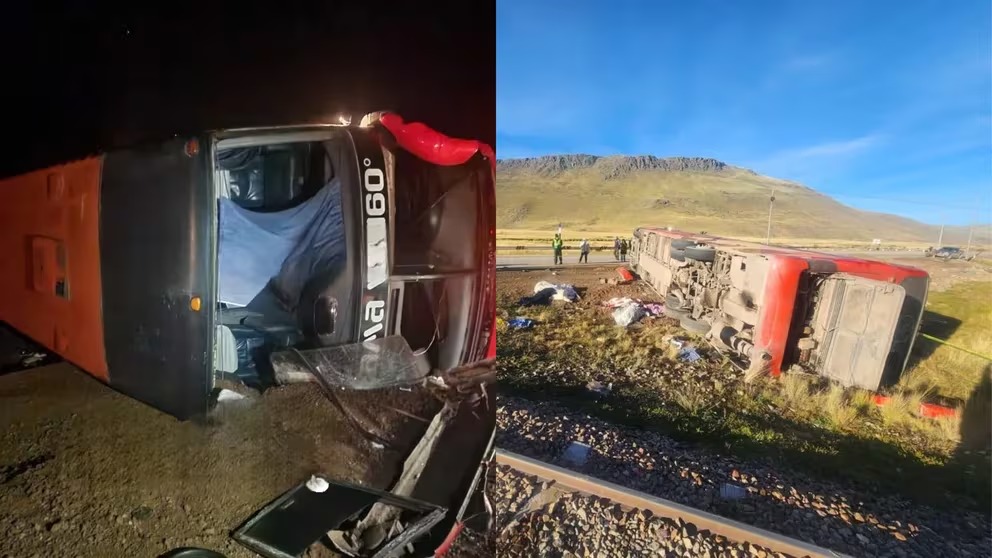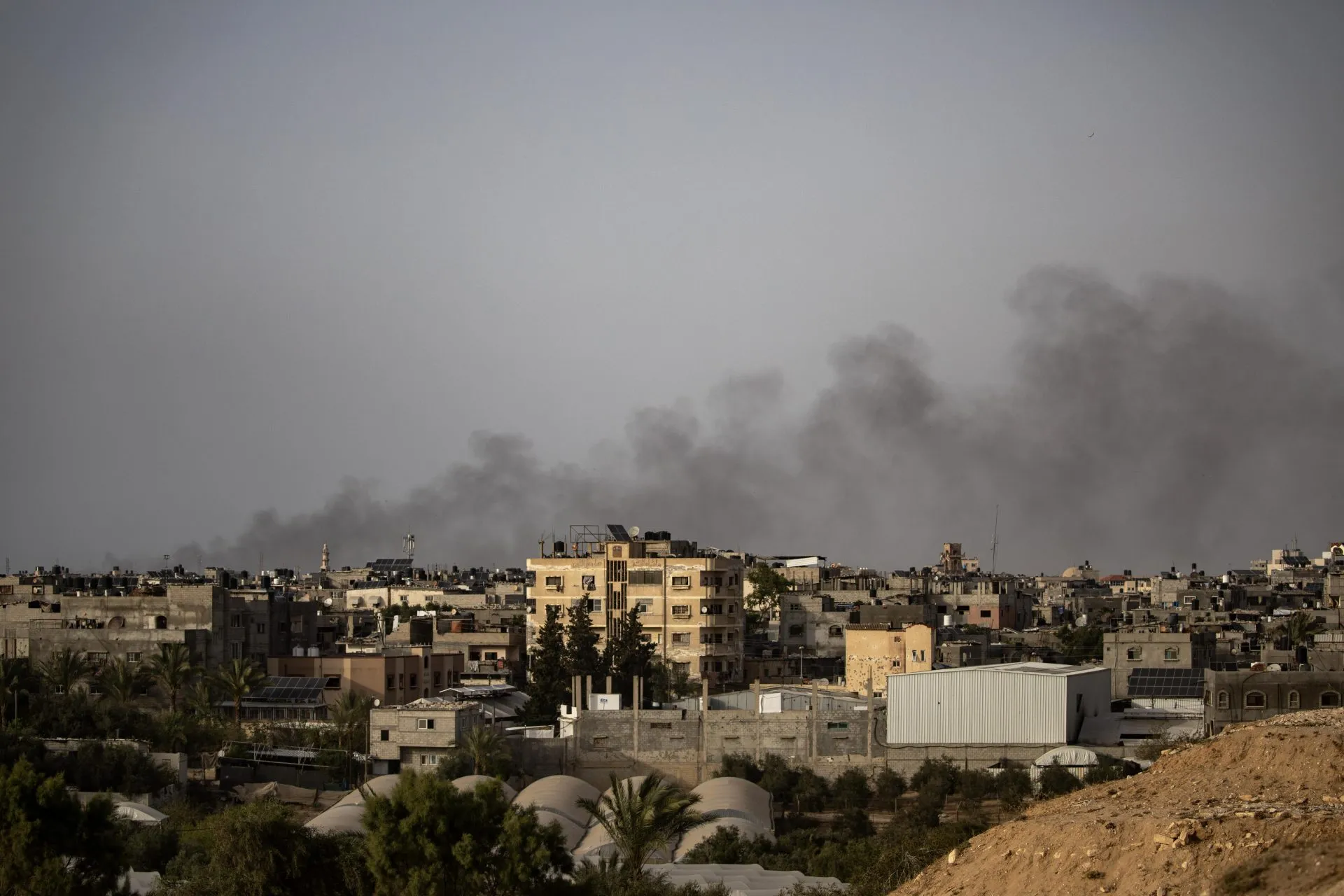International
Greta Thunberg briefly detained at German coal mine protest
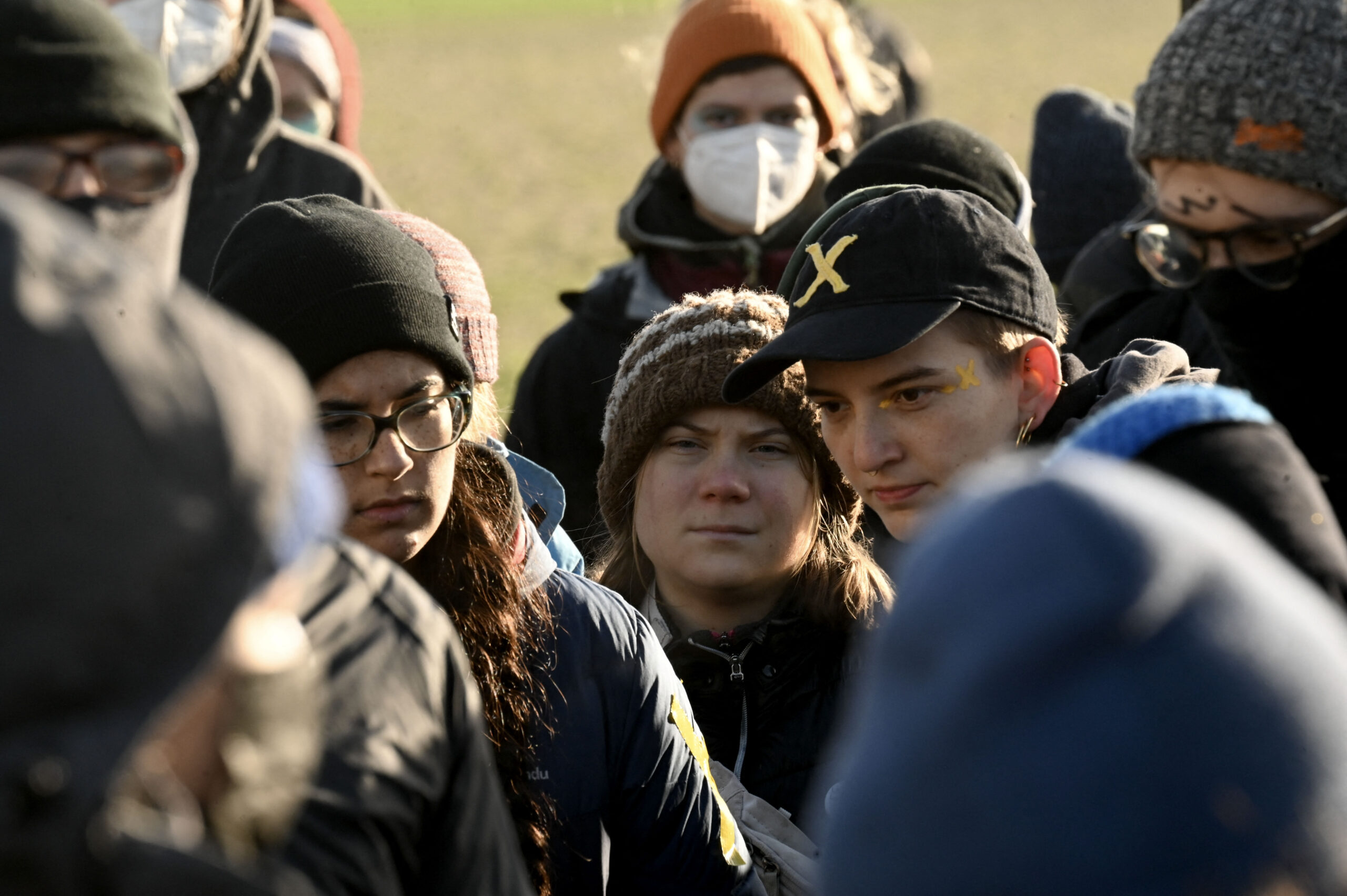
International
Bolsonaro is transferred to São Paulo to continue the treatment for an erysypela
International
The number of deaths in a passenger bus accident in southern Peru rises to eleven
International
Israel says it will continue to negotiate a ceasefire while bombing the east of Rafah
-

 International2 days ago
International2 days agoRussian bombers near Alaska monitored by NORAD
-
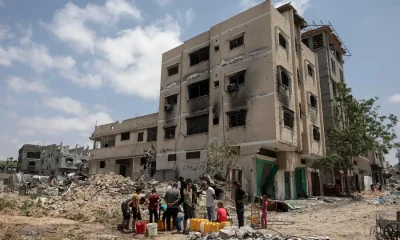
 International4 days ago
International4 days agoDeaths in Gaza rise to 34,622, after the deaths of 26 people in the last few hours
-
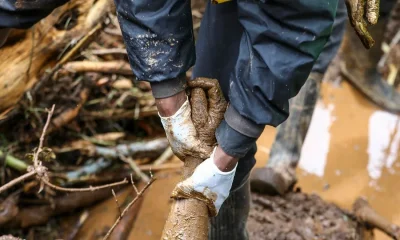
 International4 days ago
International4 days agoThe death toll of the devastating floods in Kenya amounts to 210
-

 International4 days ago
International4 days agoZelenski informs David Cameron of the course of the war in Ukraine
-

 International4 days ago
International4 days agoDenmark will raise the limit for abortion from 12 to 18 weeks
-

 International4 days ago
International4 days agoStarmer asks Sunak to call elections after the Labour advance in the municipal elections
-

 International2 days ago
International2 days agoDevastating floods in Southern Brazil leave dozens dead and missing
-
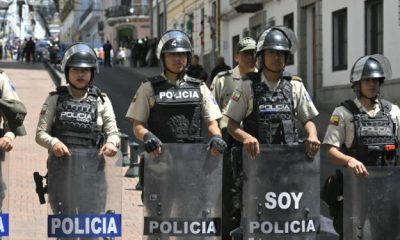
 International3 days ago
International3 days agoEcuador declares state of emergency in five provinces to combat organized crime
-

 International3 days ago
International3 days agoArgentine president criticizes spanish PM amidst political row
-
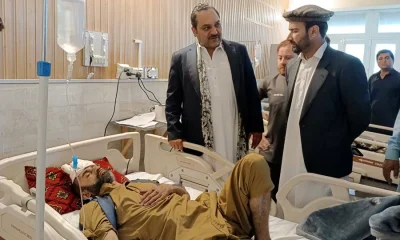
 International4 days ago
International4 days agoAt least 20 dead and 21 injured when a bus crashed through a ravine in Pakistan
-
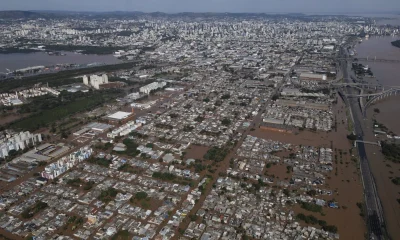
 Centroamérica1 day ago
Centroamérica1 day agoThe number of deaths from the floods in southern Brazil rises to 84
-
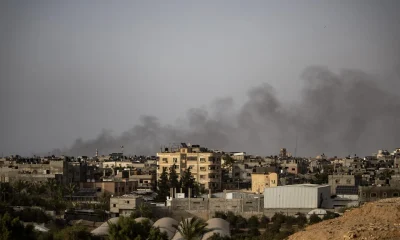
 International15 hours ago
International15 hours agoIsrael says it will continue to negotiate a ceasefire while bombing the east of Rafah
-

 International15 hours ago
International15 hours ago“I had to swim out of the house,” says one of those affected by floods in Brazil
-

 International1 day ago
International1 day agoBiden manages to get Netanyahu to promise to take a step in Gaza and reiterates his position on Rafah
-
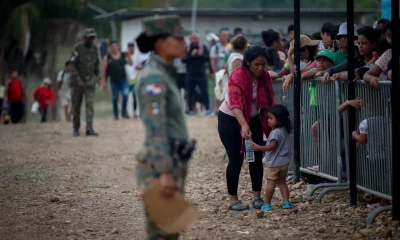
 International1 day ago
International1 day agoMigrant women, victims of theft, rape and with their children in tow for the Darién
-

 International1 day ago
International1 day agoColumbia University cancels its grand graduation ceremony after weeks of protests
-
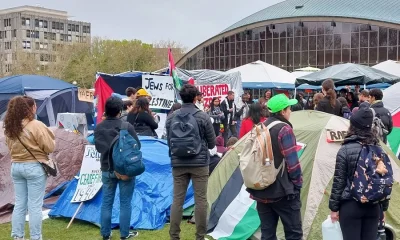
 International1 day ago
International1 day agoThe pro-Palestinian student movement in the United States looks at itself in history to continue
-

 International15 hours ago
International15 hours agoThe number of deaths in a passenger bus accident in southern Peru rises to eleven
-

 International15 hours ago
International15 hours agoBolsonaro is transferred to São Paulo to continue the treatment for an erysypela
-
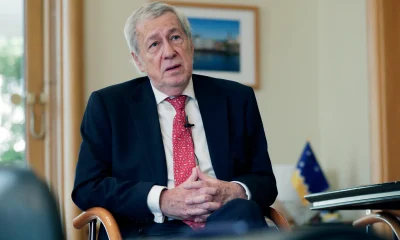
 International1 day ago
International1 day ago“The Chilean government is more continuous than you think,” says its Foreign Minister Alberto van Klaveren
-
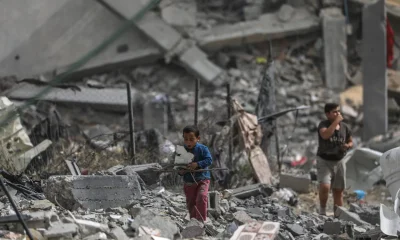
 International15 hours ago
International15 hours agoUnicef warns that the military incursion in Rafah is “catastrophic” for thousands of children
-

 Centroamérica15 hours ago
Centroamérica15 hours ago“Corruption was a man, but democratically!” says Rubén Blades after elections in Panama




















